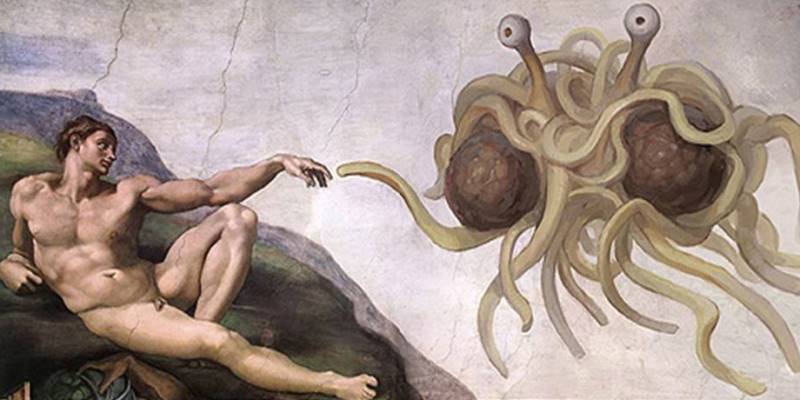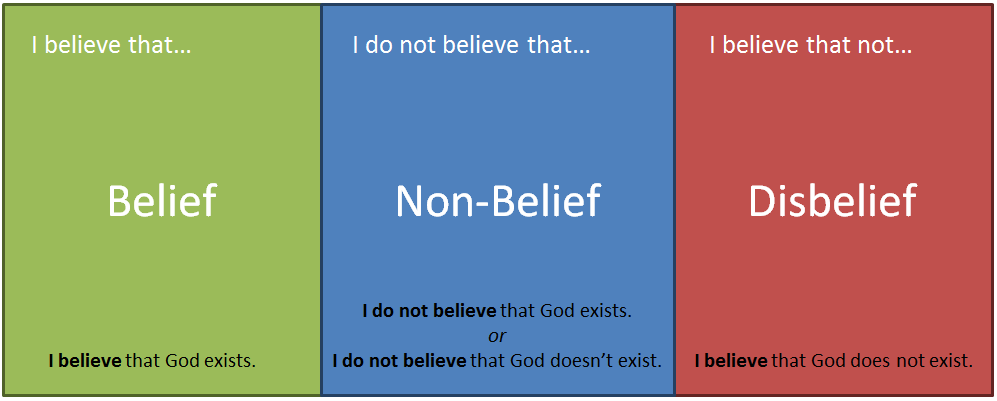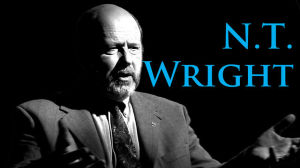Turns out Bill Nye isn’t entirely fond of GMOs:
I stand by my assertions that although you can know what happens to any individual species that you modify, you cannot be certain what will happen to the ecosystem.
Also, we have a strange situation where we have malnourished fat people. It’s not that we need more food. It’s that we need to manage our food system better.
So when corporations seek government funding for genetic modification of food sources, I stroke my chin.
Yet even though I’m in favor of GMOs, I think he’s perfectly fine signalling caution about the difficulty of studying cause/effect within whole ecosystems and potential political/corporate interests in science. As scientists and engineers, we should always be questioning how our theories and models can be inaccurate or inadequate, and as human beings, we should always be wary of outside influences on science. Yet by Bill Nye’s own standards, he’s a denier. There are no studies to indicate environmental problems with GMOs, and if the amount of corporate and political influence in GMOs worries Bill Nye, he should be equally suspicious about climate change.
As a practicing engineer, this is what drives me bonkers about many supposed science advocates who brook no dissent on their chosen topics. You either find out that they have little known reservations about other topics where the science is “clear” (like Bill Nye), or they have zero reservations or skepticism about anything scientific consensus says, in which case they are professing the most anti-scientific belief possible (like Neil DeGrasse Tyson). The heart of science is realizing that all theories are provisional, that at best our theories can be well attested, never absolutely proven true. Karl Popper, the famous philosopher of science, believed that:
Scientific theories…are not inductively inferred from experience, nor is scientific experimentation carried out with a view to verifying or finally establishing the truth of theories; rather, all knowledge is provisional, conjectural, hypothetical—we can never finally prove our scientific theories, we can merely (provisionally) confirm or (conclusively) refute them; hence at any given time we have to choose between the potentially infinite number of theories which will explain the set of phenomena under investigation. Faced with this choice, we can only eliminate those theories which are demonstrably false, and rationally choose between the remaining, unfalsified theories. Hence Popper’s emphasis on the importance of the critical spirit to science—for him critical thinking is the very essence of rationality. For it is only by critical thought that we can eliminate false theories, and determine which of the remaining theories is the best available one, in the sense of possessing the highest level of explanatory force and predictive power.
I suppose people will now want to know what I believe about climate change, or conversely, if I say nothing people will probably start assuming. I know the earth is warming up. That’s not very hard to measure. I know that humans contribute to that warming. Again, not very hard to measure nor controversial. I do not know, though, to what extent humans contribute to the warming, nor to what extent reducing our greenhouse gas output a reasonable amount would actually slow this warming. That’s where the science of the matter gets difficult, because now we’re dealing with a whole ecosystem (like with GMOs), and sussing out cause and effect in a whole ecosystem is tricky. So currently, I have no strong opinion one way or the other. We could be contributing greatly to warming. Or our input could be modest. Modeling these effects and predicting warming rates is finicky to say the least.
Then when we get to the politics and economics of global warming, the situation is even messier. Will carbon taxes actually reduce greenhouse gas output in any significant amount worth the economic costs? Can we even reduce our greenhouse gas output any appreciable amount that won’t send the American public into shock? This is where global warming gets beyond my expertise.
So generally I just support measures that benefit us anyways with the side effect of combating greenhouse gas output. I support monitoring and regulating pollution output. I support continuing research into alternative energy sources, which isn’t just solar and wind for the record. We have geothermal, hydroelectric, wave energy, biomass, and more. I realize many of these methods are limited in their production capacity, location, and reliability, but they are capable of producing power amounts that aren’t insignificant.
More importantly, I support nuclear power, which has none of the above limitations. Now this is where all the talk about supporting science gets really odd. Nuclear power plants have a very good safety record (despite what the news says), and engineers are constantly working to make them better. On top of that, add the context of nuclear safety versus other sources of power. On top of that, add some perspective on radiation amounts (yes I cited XKCD). On top of that, add the oft cited dire effects of global warming. In that context, how can opposing nuclear power be anything short of anti-scientific and ridiculous, using the vocabulary abundant in discussion of global warming? And yet, people do it. Many climate scientists are jumping on board the nuclear train, but there’s still plenty of opposition. People proclaim the inviolability of scientific consensus in one context and then turn around to challenge it in a different context.
So, what general principles can we derive from this long-winded analysis? I would say people need to be able to simultaneously hold two seemingly contradictory concepts in their mind: Science is a quest for understanding the natural world, and science can never finally prove anything. With that knowledge, we should respect the explanatory power of science but also realize that science relies fundamentally on a critical spirit. We cannot crush dissent, nor should set ourselves up as arbiters of what constitutes “valid” dissent, which is really just crushing dissent by a different name. Rather, we must continually attempt to falsify our own theories, and if they survive the continuing ordeals, we can begin to call them well attested. But even then we must not close our minds, even as we defend theories we believe to be well attested. Newtonian physics reigned 300 years before general relativity showed up.
How do these principles look practically? I would say they manifest themselves in simultaneously laying down what we know while maintaining a spirit of humility. For example, I have defended evolution numerous times contra creationism. I don’t resort to telling people they’re scientifically illiterate (even though people who try to tell a chemical engineer how the 2nd law of thermodynamics “actually” works might qualify). I don’t demand they accept the consensus of science over their doubts (which would be horrifically anti-scientific). Rather, I just tell them what I know and demonstrate the explanatory power of evolution. You’d be surprised how well that works. Even if people don’t change their minds right then and there, it gets their minds thinking, and it allays their fears that I have an ulterior motive for defending evolution.
I believe these principles would serve science advocacy well. There is no contradiction between lacking absolute certainty and seeking scientific knowledge. In fact, the two work together. By realizing our own limitations, we can continually revise our understanding to better reflect what we see and what we know of the natural world. To say that we have finally and definitively figured out the answers ends the scientific quest and permanently extinguishes the scientific spirit.
 Science writer Michael Shermer argues that we are in the March 2015 issue of Reason, based on his new book The Moral Arc: How Science and Reason Lead Humanity toward Truth, Justice, and Freedom. He writes,
Science writer Michael Shermer argues that we are in the March 2015 issue of Reason, based on his new book The Moral Arc: How Science and Reason Lead Humanity toward Truth, Justice, and Freedom. He writes, French philosopher
French philosopher 





